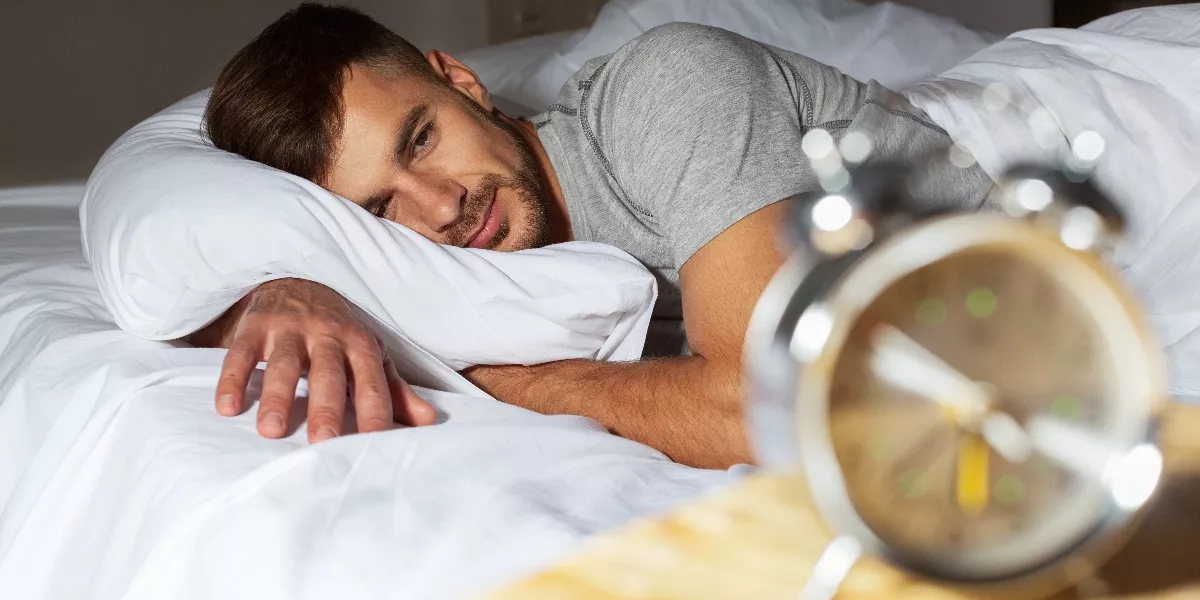Obstructive Sleep Apnea (OSA) is a type of sleep breathing disorder that occurs while you sleep. This condition is characterized by interruptions and pauses in breathing patterns and is caused by blockage of your airway.
Interruptions may occur multiple times each night, and in some cases, they can last for up to a minute, disrupting the flow of oxygen to your brain. If untreated, sleep apnea can cause or contribute to several serious health problems, including heart disease, stroke, high blood pressure, weight gain, behavioral or mood disorders, excessive daytime drowsiness, and problems with the central nervous system, immune system, digestive system and hormone production.
Some common signs of obstructive sleep apnea include:
- Snoring
- Extreme daytime fatigue or drowsiness
- Insomnia
- Headaches and migraines in the morning
- Waking with a dry or sore throat
- Depression, irritability and personality changes
- Gasping or choking sounds or sensations
Testing For Sleep Apnea


It’s possible that you or your loved one may have one or more of these symptoms. If so, it’s important to have an official diagnosis. Sleep apnea is diagnosed through a combination of medical history, physical examination, and sleep testing.
Your doctor will ask you about your symptoms, such as snoring, daytime sleepiness, fatigue, and morning headaches. They may also inquire about any underlying medical conditions, family history of sleep apnea, and lifestyle habits like alcohol consumption and smoking.
A physical examination might include checking your neck circumference, examining your mouth and throat for anatomical features associated with sleep apnea, and listening for unusual breathing sounds.
These are the most crucial part of diagnosing sleep apnea and often involve spending a night in a sleep lab or using a home sleep testing device.
Two main types of tests are used:
- A Polysomnography (PSG) is the “gold standard” of sleep apnea tests. It monitors various bodily functions during sleep, including brain waves, heart rate, breathing patterns, oxygen levels, and muscle activity. It provides the most detailed information but requires staying overnight in a sleep lab.
- The Home sleep apnea testing (HSAT) is a simpler test that uses a portable device to monitor breathing patterns, oxygen levels, and heart rate at home. It’s less expensive and more convenient than PSG but might not be suitable for everyone, particularly individuals with complex medical conditions.
There are a few more tests that your doctor may perform or recommend. But based on the information gathered from your medical history, physical examination, and sleep test results, your doctor will diagnose the type and severity of sleep apnea.
Sleep Apnea Treatments


While we always seek to provide the most conservative treatments possible, more severe cases of sleep apnea may require surgical intervention to resolve. Some cases of sleep apnea may require surgical treatment.
Uvulopalatopharyngoplasty (UPPP) is one of the most common procedures for sleep apnea. This treatment works by removing excess tissue from the soft palate and pharynx to prevent them from collapsing and blocking your airways. The Laser-Assisted Uvulopalatoplasty (LAUPP) is like the UPPP but uses a laser.
Radiofrequency Ablation (RFA) works to reduce the size of the tongue and other soft tissues that may block airflow to the lungs. Radio-frequency probes may also be used to tighten the soft palate.
Palatal Implants works by implanting small plastic rods into the soft palate to make it stiffer and prevent it from blocking your airway.
Genioglossal Advancement moves your chin and the muscles attached to it forward to increase your airway. Jaw Surgery may be the best option. By repositioning the upper and lower jaw, the size of the airway can be increased and adjusted so that air can flow easily.
Distraction Osteogenesis works by slowly increasing the size of your lower jaw to increase your airway space.
Contact Southwest Oral Surgery


Your doctor will collaborate with you to determine the best treatment approach based on the severity of your sleep apnea, your personal preferences, and other factors. It’s important to be patient and persistent with your treatment plan, as finding the right approach might take some time and adjustments.
However, if you have a severe case of sleep apnea or are interested in surgical sleep apnea treatments offered at Southwest Oral Surgery, please contact our office in Glendale to schedule your consultation.


